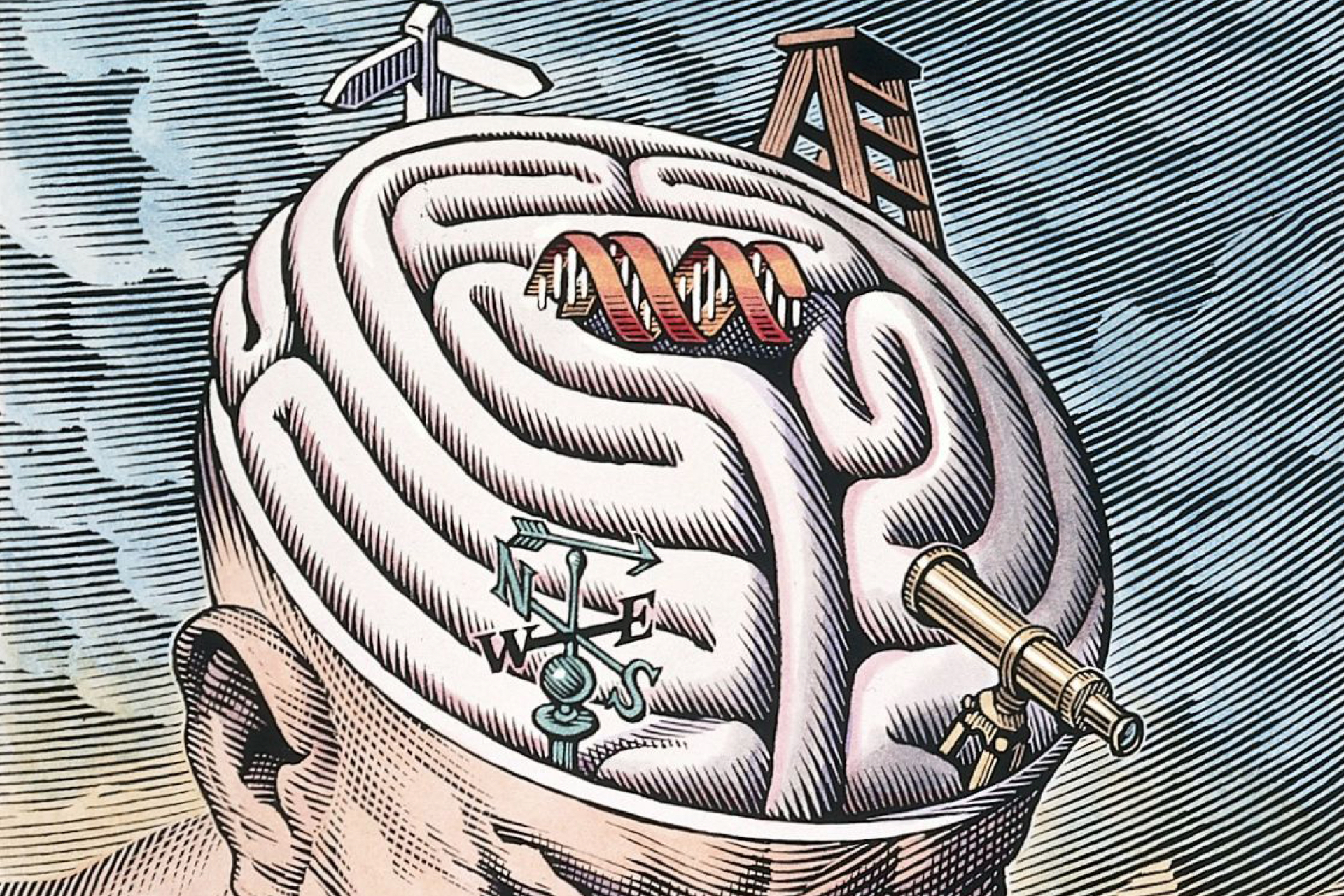The Seventh Son
By Sebastian Faulks
Published by Hutchinson Heinemann
ISBN-10: 1529153204, ISBN-13: 978-1529153200
Buy this book from Amazon UK
This work of speculative fiction by best-selling author Sebastian Faulks revisits some of the themes of his earlier work, focusing on human consciousness, madness and identity. In folklore, the eponymous seventh son of a seventh son is bestowed with supernatural gifts; in this novel, The Seventh Son, the unasked-for 'gifts' amount to a curse. With a plot spanning three decades in the near future, Faulks takes us into a world where unfettered access to scientific progress causes something unthinkable to take place. Its near-plausibility is fascinating and horrifying – a truly intriguing premise.
In 2030, a penniless New York student, Talissa Adam, is persuaded to take part in an IVF programme at the Parn Institute in London, where she will act as a surrogate for husband and wife, Alaric and Mary. In return for this, she will receive money to fund her post doctorate back in the United States. Her chosen area of study, the 'distant but discoverable human past' is the study of new species of early humans which have been discovered at some point in the preceding decade. Advances in genomics lead to more questions about the apparent prevalence of Homo Sapiens. Unknown to Talissa, the tech billionaire who owns the Parn Institute, Lukas Parn, is also interested in the commercial potential of these new technologies. With the complicity of clinical director Malik Wood and with little thought paid to the ethical implications, Parn starts a chain of events that could expose the secrets of evolution.
The IVF is successful, the baby is born and taken to live with his parents in London. Talissa returns to the United States and is able to pursue her academic work as a paleo- historian. Alaric and Mary raise their child, Seth, in a loving and supportive family unit, explaining away any differences in the boy's physical appearance and behaviour as genetic. The question of neurodiversity is raised. A talented footballer; Seth has an affinity with animals. Despite his apparent lack of imagination and diffident character, he is highly intelligent and curious about the world around him.
The novel moves at pace, spanning three decades and two continents, in a future that contains all the familiar markers of progress: there are computerised, driverless cars, air tariffs preventing individuals from taking too many transatlantic flights, a prevalence of vegetarian food (meat is presumably expensive and scarce by the middle of the century). There are a few digs at the rise of the hard right political movement in the United States and the legacy of President Trump, which has left proper journalism in tatters and fanatical evangelical militants have eyes and ears everywhere. Faulks writes these with a light touch, introducing them casually into the many dialogues in the novel – they add a satirical element to the writing if a somewhat depressing take on future politics.
Where the novel is weakest, for me, is in character development. Substitute tech billionaire Parn's obsession with genomics with Elon Musk's preoccupation with rocket travel, and you have an off- the -peg villain, powerful yet lacking self-awareness. He is an indeterminately aged man-baby, with a futurist's eye for business and a dreary dose of male entitlement alongside. We are also expected to believe that, at a point of crisis, this master of the universe depends on a cut-price PR man whose press releases are lazily 'AI generated'. Similarly, a leering TV host plumbs the depths of sensationalist questioning towards the non-plussed, adult Seth. These people are caricatures and as such add an unwelcome sense of jauntiness to a book that seeks to explore existential questions about humanity and consciousness in a largely muted and understated tone of melancholy.
Similarly, the reader learns little about Talissa, a level-headed paleo-historian whose emotional impulses in the final denouement are nothing short of baffling, despite being clearly foreshadowed early in the novel. As she flits from New York to London, we are left wondering what will be her role in undoing the wrong that has been done. Another character, the inappropriately named Felix, seems to be there to prop up Freudian theories about 'young madness' in modern humans; he is eventually abandoned to his own tragic fate (all the sadder for taking place in future decades, where it seems advances in science have not, in the author's imagining, come up with a satisfactory treatment for schizophrenia).
The concepts at the heart of the novel are big ideas, potentially within imminent scientific reach. The transgressive nature of the main premise is enough to generate a huge frisson of excitement in the reader (and I admit, I was excited) but the denouement is curiously low-key at certain points – there are endless descriptions of food being bought and consumed, encounters with new characters that seemingly go nowhere. By the second half of the novel, we are desperate to know exactly what might be Seth's fate, and the initial excitement begins to dwindle as the narrative drifts.
There are long passages of scientific exposition, written as conversation between fellow scientists. These can be long-winded, making the dialogue seem artificial – I couldn't help thinking of Dan Brown's novels. Real science is intertwined with imagined science, so experts will enjoy the process of teasing out the strands, so to speak. 'The Seventh Son' short-changes its brilliant premise and assured writing style by locking in too much of its mystery.
Buy The Seventh Son from Amazon UK.







Leave a Reply
You must be logged in to post a comment.